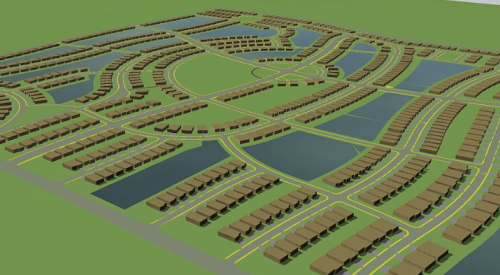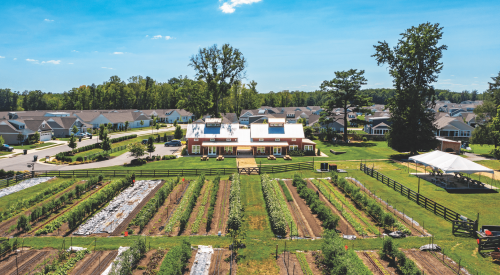| Gary Garczynski |
The American Planning Association’s Growing Smart Legislative Guidebook could prompt states to review and change planning and land-use laws. The guidebook covers many things affecting a builder’s day-to-day activities: processing development approvals; vested rights; impact fees; urban growth boundaries; and who can sue to stop a project.
The application of these planning ideas could profoundly affect home builders and buyers. Some planning options presented in the guidebook could help builders and developers. Conversely, some could be harmful.
Smart growth requires a smart process to implement what a community seeks. When citizens seek to use land in strict conformity to a community’s master plan, they have a right to expect a process that facilitates prompt approval and doesn’t allow individuals who are not directly and adversely affected to stop the process.
A basic philosophical premise of smart growth should be that comprehensive plans are implemented rather than nullified in piecemeal fashion through the development review process. Issues settled during the debate on the comprehensive plan should not be reopened if the plan and the process are to be legitimate.
This important aspect of smart growth is not accorded proper analysis in the guidebook and is another reason to be alert and engaged in this growing issue.











